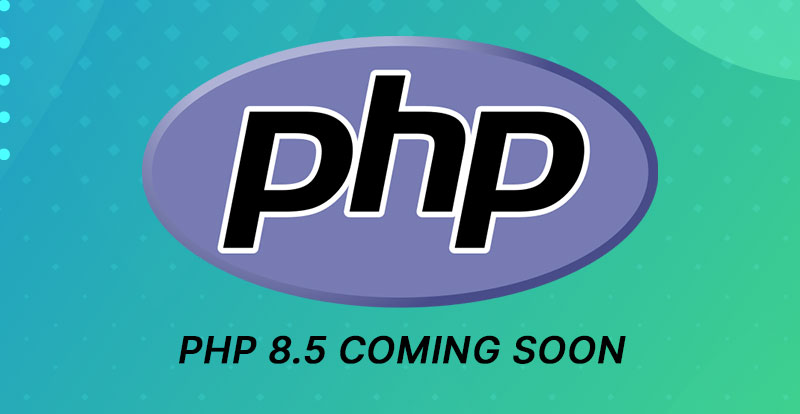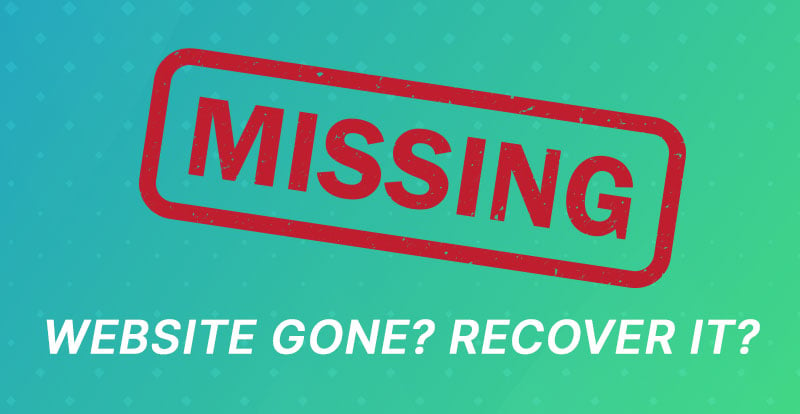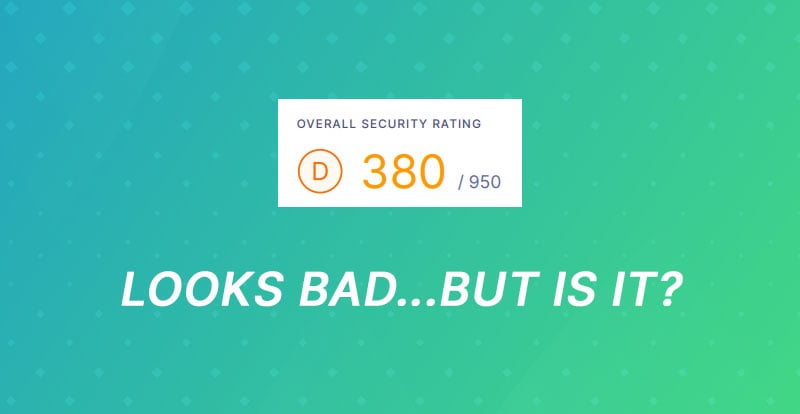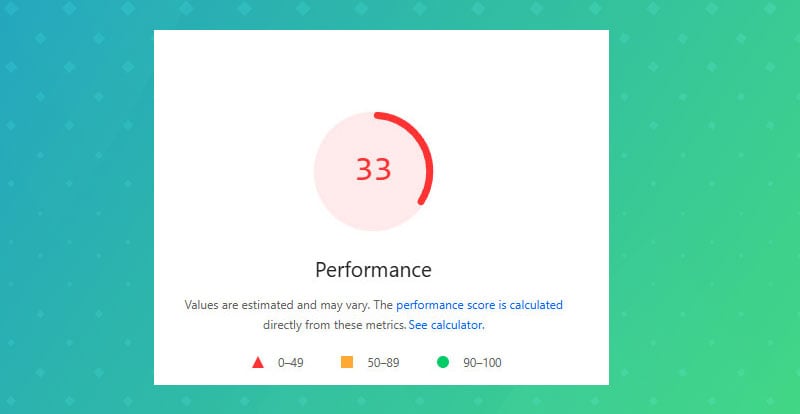PHP 8.5 is expected to drop in November 2025, and while that might sound like a developer thing, it's worth knowing what it means for your website - especially if you're running WordPress.
We’re a web design agency that almost exclusively makes WordPress websites. We’ve made our own custom theme, a few plugins, and we keep a close eye on how updates like this impact real sites. So here’s our take on what’s coming, what’s worth watching, and what’s not a big deal.
A Lot of Sites Are Still on Older Versions of PHP
Let’s start with where most WordPress sites are today:
-
PHP 7.4 is still powering tons of websites, even though it stopped receiving security updates in 2022.
-
Many sites have made it to PHP 8.0 or 8.1, which is better, but those versions are already starting to age out.
-
The most current stable version as of now is PHP 8.3, and 8.4 is in active development.
-
PHP 8.5 is next in line and will likely become the new stable by the end of 2025.
Bottom line: If you haven’t checked your PHP version recently, there’s a good chance it’s behind.
What’s New in PHP 8.5?
Here’s where most articles get vague. So let’s actually get into it.
As of now, PHP 8.5 is still being finalized, but we already know a few things based on early RFCs (Request for Comments — think of them as proposals being worked on):
-
More performance improvements. PHP has been getting faster since 8.0 introduced the JIT (Just-In-Time) compiler. PHP 8.5 builds on that with more behind-the-scenes improvements, especially around memory usage and efficiency. Is it a massive speed boost? No. But it adds up - especially for larger sites or ecommerce stores.
-
Better error reporting. PHP 8.5 is refining how it handles things like undefined array keys or passing too many arguments into functions. For plugin and theme developers like us, that’s a big help in catching issues before they cause bugs.
-
Cleaner syntax options. There are proposals to make certain bits of code shorter or more readable. Again, this won’t change how your site looks or works, but it makes life easier for developers keeping your site maintained.
-
Deprecated functions are being cleaned up. A handful of old PHP features are being removed, but unless your site is running really outdated custom code or plugins, this probably won’t affect you.
Will PHP 8.5 Break My Site?
Not likely - unless you’re using really old plugins or have a site that hasn’t been updated in years.
WordPress itself has gotten better at supporting newer PHP versions quickly. Most major plugin and theme developers are already testing on PHP 8.3 and 8.4, and they’ll likely support 8.5 shortly after it’s stable.
We’re not expecting widespread breakage. If you’re running a relatively modern site and keeping plugins/themes up to date, this update won’t cause problems.
Should I Test My Site Before Updating?
If you’re on a host that auto-updates your PHP version, you’ll want to know when 8.5 rolls out.
Most hosting providers won’t force an upgrade right away, but if you're still on PHP 7.x, they might move you to something newer for security reasons. That’s when surprises can happen.
The safest way to prep is to test your site on a staging server with PHP 8.5 before switching over in production. If you’re not sure how to do that, that’s something we can help with — we do it all the time.
Will This Help My SEO or Conversions?
There’s a connection between site speed and SEO/conversion rates — no doubt about that. And PHP 8.5 will likely run a little faster than 8.3 or 8.4. But realistically, don’t expect a huge bump from just updating PHP alone.
If you're still on PHP 7.4, though, that upgrade could bring noticeable speed improvements. Otherwise, think of this update as part of keeping your site modern and efficient, rather than a magic traffic booster.
Guidelines
PHP 8.5 is not a dramatic shift - it’s more of a steady improvement. But it’s also a good reminder that your site’s foundation matters.
-
If you’re on PHP 7.x, you're overdue for an upgrade.
-
If you’re on PHP 8.0 or newer, you’re in a good spot — just keep things updated.
-
If you need help testing, upgrading, or figuring out where your site stands, we’ve got you.




